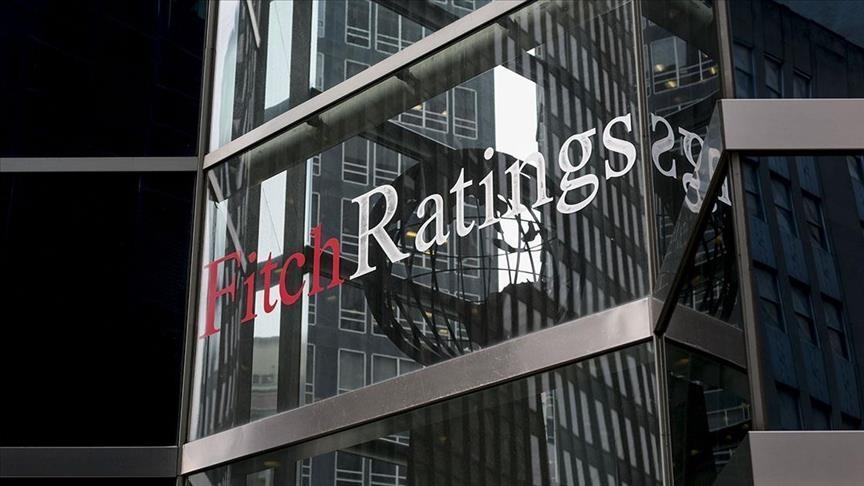LONDON
Turkish banks issued approximately $4.6 billion in subordinated debt last year and the risks arising from external financing decreased, Ahmet Kilinc, US-based credit rating agency Fitch’s director for banks, told Anadolu.
Kilinc highlighted that Türkiye’s credit rating outlook and the ratings of many Turkish banks were raised, as many banks have access to external financing after last year’s presidential election.
“We saw investors coming back, not only big banks but also smaller ones in the market, indicating appetite, and Turkish banks should be more opportunistic moving forward, as they do not have an urgent capital or foreign currency liquidity need,” said Kilinc.
‘Newly issued subordinated bonds support capital ratios’
Kilinc noted that the number of issuances made in a short time resulted in excess supply, and the situation may persist, though he believes that banks will look forward to opportunities.
“We see that newly issued subordinated bonds support the capital ratios as a hedge against a possible rise in the exchange rate, though profitability may decrease, while still continuing to support the capital structure,” said Kilinc.
He mentioned that the swaps made by banks with Türkiye’s Central Bank (TCMB) decreased from $58 billion to $18 billion, while swaps made with foreign banks increased.
“We don’t know whether the TCMB will change swap limits but there may be a loosening, which can cause swaps to be more directed at foreign banks,” he added.
‘TCMB wants to terminate FX-protected deposits scheme’
Kilinc underlined that approximately 20% of Turkish banks’ liabilities stem from external financing, and although foreign currency deposits fell, they are still at a high level, as Fitch Ratings closely monitors the course of FX-protected deposits (KKM).
He noted that the TCMB wants to terminate KKMs, and the current amount is around $67 billion.
“Rather than this amount of money suddenly going to foreign currency, the goal is for some of it to go into the Turkish lira with the TCMB’s conversion rates,” he said.
‘Banks to keep generating profitability’
Kilinc stated that risks arising from government intervention in policies subsided thanks to the decline in risks over external financing needs of banks, the progress in foreign currency deposits, and the course of KKM.
He noted that the Türkiye’s rating and the reduction in intervention risks are key areas for Fitch Ratings, as it is one of the primary areas they look at when rating banks, and although they expect a slight decrease in the profitability of banks, it will still be of a satisfactory level.
“We anticipate a contraction in margins, and we expect a deterioration in consumer loans and credit cards, though these will still remain at a reasonable level, while operation expenses will put pressure on banks due to inflation, but I think the banks will continue to generate profitability,” he said.
Kilinc highlighted that Türkiye’s economic growth was high in the first quarter despite the decline in the credit growth rate, noting that he does not expect an economic recession.
“We forecast 2.8% growth in Türkiye this year, but the strong growth in the first quarter may raise the year-end growth expectation,” he added.

